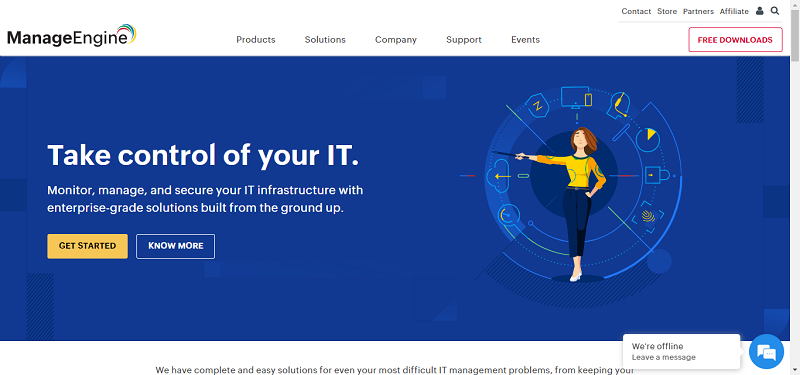Developments in financial technology, or fintech, are changing the way we make payments, with new products gradually transforming how personal and commercial transactions are processed. The pace of these developments has opened up a whole range of opportunities for fintech start-ups and new players; but the arrival of cutting-edge technology has also presented challenges to traditional banks and the retail sector, which have had to adjust their strategies accordingly. For customers, however, there are two key areas where we can see the impact of fintech – namely, security and the arrival of the “mobile wallet”. In this post, I want to take an in-depth look at these areas and weigh up the challenges and opportunities for retailers.
From the customer’s point of view, fintech has the potential to deliver increased security and improved flexibility. Indeed, the consumer and retail sector has led the early adoption of new payment methods, with digital growth encouraging and facilitating the move towards a “post cash” economy. According to a report published last year, mobile payments grew from an estimated $5bn in 2013 to as much as $16bn in 2015. As customer expectations change and consumers grow used to mobile payments, it is becoming more and more important for retailers to provide an optimized, secure and convenient payment system.
The smartphone is of course one of the main factors behind this innovation. Consumers can now easily make in-store payments and transfer money to friends using their phone. Last month’s launch of Apple Pay in China is a reminder of the scale of the opportunities – even if the company must first overcome resistance from big banks and retailers. This is important because the system requires a digitized version of a credit or debit card to be stored in the “mobile wallet”. At present, transactions are secured using “digital secure remote payment”, with authentication with Apple TouchID authorizing a transaction up to limited amount.
But Apple is just one entrant in a market that is moving rapidly and in different directions, and shifts in consumer expectations are as much an indicator as a driver of change. Pivotal here is the role being played by cloud-based technology, new security measures and the analysis of big data. Cloud- based solutions, for example, have allowed organizations to develop scalable and cost-effective services, with APIs allowing for more intelligent and efficient data management. Providers of online payment systems such as Stripe and PayPal have been working hard to expand and develop their services, as well as competing to get their products embedded into social media channels.
This new technology has prompted some to voice concerns about privacy and information security. In response, traditional banks and start-ups have been investing large sums in the development of new security technology, with biometric security – fingerprints, facial recognition and even iris scanning – now widely available. This is combined with the development of increasingly sophisticated algorithms based on individuals’ spending history. One significant development is the possibility of using GPS to confirm an individual’s location: if an alert is raised by a potentially fraudulent payment, the bank can use the account holder’s smartphone to verify their location. Some customers, however, may still have doubts about the possible implications for privacy.
Big data is another area of real opportunity for banks and for start-ups looking to disrupt the market. Indeed, a bank’s capacity to leverage the possibilities opened up by big data is becoming an increasingly important factor in the competition for customers and clients. This is the reason why banks, and venture capitalists, have started to invest such huge sums in the analysis of financial data. Those banks that can effectively analyze and interpret the vast quantities of financial information will be better able to develop new, client-friendly products that today’s tech-savvy customers want and, perhaps more importantly, deliver a more reliable and cost-effective service. With person-to- person (P2P) mobile payments, for Instance, customers can now make payments directly into other accounts with their smartphone.
In light of these developments in fintech, traditional retailers and online businesses need to do several things. To begin with, we need to come up with strategies and payment solutions that account for changing customer expectations by delivering fast, secure and convenient payment across Multiple Devices. But, perhaps more importantly, we need to find ways of leveraging new technologies and payments infrastructure to remain competitive and ultimately deliver better products and services to our customers.
By George Foot





